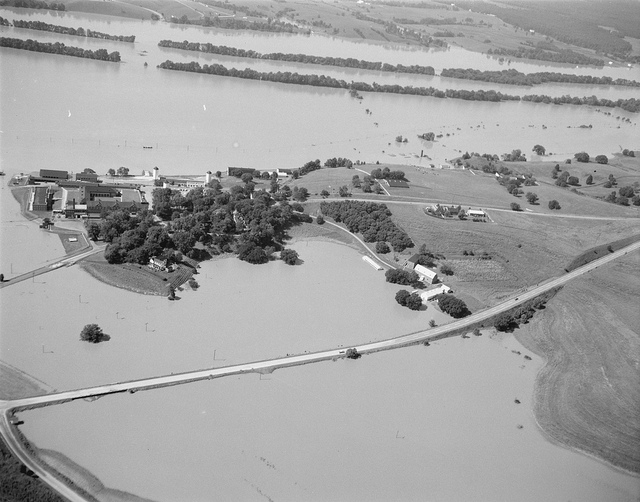
If you are public sector there's a strong chance you'll be involved in emergency communications. It could be anything from a protest march to a terrorist incident. It's a fascinating part of the job. But isn't that crisis comms? Well, actually no...
by Ben Proctor
I tell people that I work in emergency communications and, to be honest, most of them suddenly find they have an urgent appointment.
The vast majority of those that are too slow to make a convincing excuse will almost immediately say
“So, you work in crisis comms do you?” and I will almost certainly say
“Yes” because I don’t want them to leave and, really, what does it matter?
Actually I think it matters quite a lot.
Crisis comms and emergency comms are not indistinguishable and being skilled in crisis comms won’t, of itself, help you when an emergency calls for your communication expertise.
It’s like this.
Crisis comms is concerned with the health of the organisation. Emergency comms is concerned with public safety.
Embarrassing tweets, chief executive suddenly resigning, and a leak of customer data all fall into the bucket marked crisis communications.
Floods, fires, and terror attacks all fall into the bucket marked emergency comms.
And there is great potential for overlap. If your business is producing food, and you accidentally introduce food pathogens into delicious cooked things, this is both a crisis and an emergency. But frankly any sensible crisis comms practitioner will tell to to do everything you can to keep people safe before you start worrying about the reputational fall out (so it's an emergency).
Many of the practical approaches will be the same too. If you have a team ready, willing and capable you can call upon at 3 o’clock on a Sunday morning to help warn people about impending dangers they’re probably going to be pretty good in a crisis too.
But there are differences. At the top of your emergency comms plan will be written your default strategic aims:
protect life
keep people safe
protect the environment
support the affected
protect property
return life to normal where and when possible
At the top of your crisis comms plan will be written:
do the right thing
behave like a human
don’t hide or run away from the crisis
reassure and inform stakeholders
Your tactical decision making in an emergency should be driven by a simple cycle:
who needs to know what?
how will I let them know?
how will I find out they have heard?
how will I find out they have responded as a result?
who needs to know what, now?
Something similar wouldn’t go amiss in a crisis too. In an emergency though the situation is complicated because in a whole set of organisations there are other comms professionals going through the same cycle. And some of them are also in a crisis as well.
To make sure people are effectively warned and informed in an emergency requires the coordination and sychronisation of a whole set of organisations with the same goals in common but not the same tasks at hand.
Both practices need senior and experienced communications professionals, they need trained and practiced comms staff throughout the process and they need good quality and effective leadership within organisations.
But they are not the same thing. And one of them is more important that the other.
Ben Proctor is managing director of likeaword.
